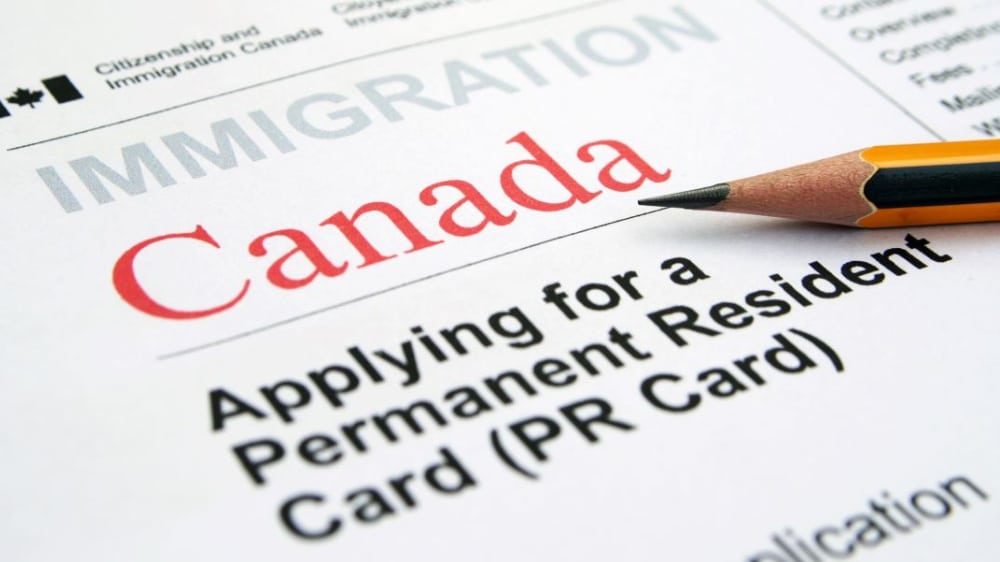
Global
Canada Raises Permanent Residency Application Fees
Canada has announced a 12 percent increase in application fees for permanent residency (PR) seekers which may impact prospective immigrants,
The Department of Citizenship and Immigration released a notice, published in the Canadian Gazette on March 30, detailing the fee adjustments scheduled to take effect at 9:00:00 am EDT on April 30.
The fee revisions, linked to current inflation rates, will affect various PR application categories.
For example, the permanent residency fee in Canada, excluding dependent children, will escalate from 515 Canadian dollars (CAD) to 575 CAD.
Under Canada’s immigration plan for 2024-2026, which aims to admit over 1.1 lakh Federal Skilled Workers and Provincial Nominee Programme applicants annually, application fees for these categories, including accompanying spouses or common-law partners, will rise from 850 CAD to 950 CAD.

Similarly, candidates under the Quebec Skilled Workers, Atlantic Immigration Class, and Economic Pilots programs will face a fee increase to 950 CAD.
Additionally, fees for accompanying dependent children will be raised to 260 CAD from the existing 230 CAD.
Family reunification, a crucial immigration category enabling permanent residents to sponsor family members, will also experience fee hikes.
Sponsorship fees for individuals aged 18 and over will increase from 75 CAD to 85 CAD.
Additional fees for various categories within family reunification, ranging from 175 CAD to 635 CAD, will also see increments.
This fee adjustment follows closely after Federal Immigration Minister Marc Miller’s announcement of plans to grant permanent residency to individuals seeking family reunification in Quebec, despite the province’s restrictive application cap, which he criticized as “artificially low.”








